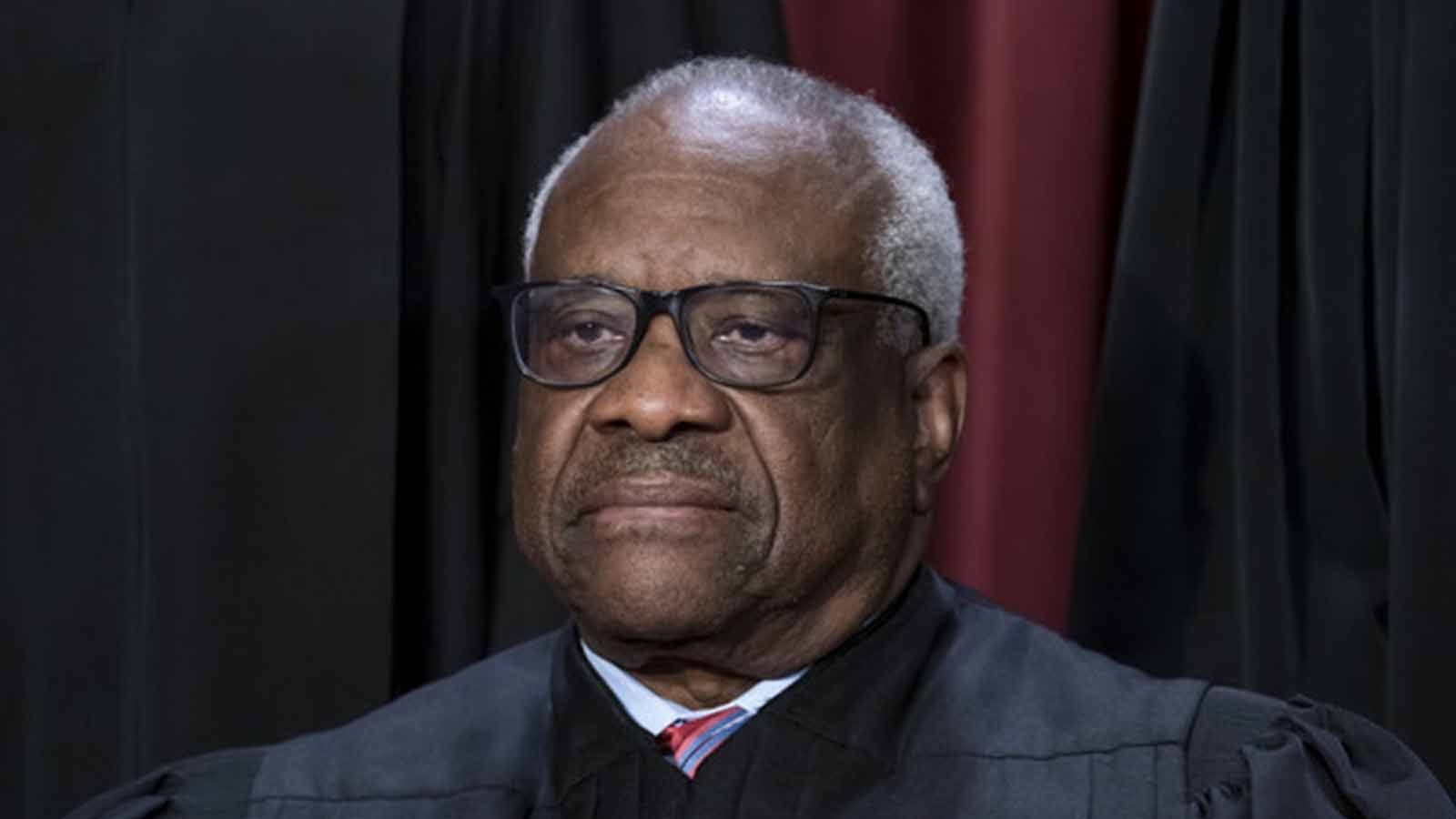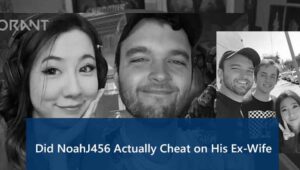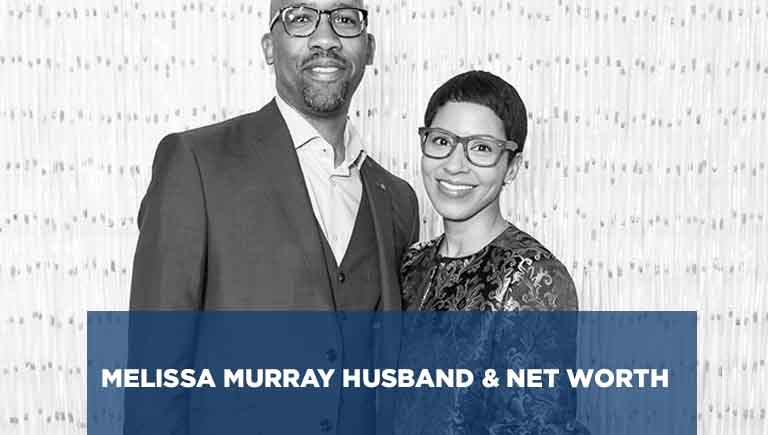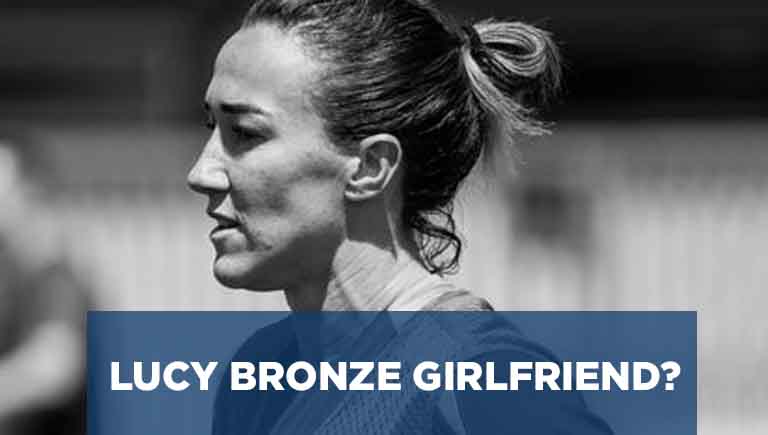The air is rife with rumors and speculations about Clarence Thomas, the esteemed associate justice on the U.S. Supreme Court, being arrested amidst scandal and controversy. Born in Pin Point, Georgia, Thomas has been a notable figure in the American legal landscape since his nomination by President George H. W. Bush in 1991.
Summary Table
| Attribute | Details |
|---|---|
| Name | Clarence Thomas |
| Position | Associate Justice, U.S. Supreme Court |
| Tenure | Since 1991 |
| Nominated By | President George H. W. Bush |
| Birthplace | Pin Point, Georgia |
| Background | Raised in a Gullah community near Savannah |
| Education | Aspired to be a Catholic priest, influenced by conservative thinkers |
| Current Status | Not arrested, facing allegations and controversy |
Clarence Thomas: Career and Allegations
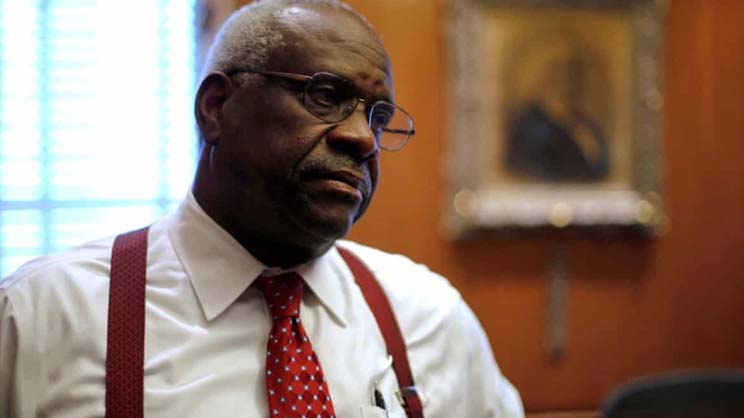
Since his appointment in 1991, Clarence Thomas has been a prominent figure on the Supreme Court bench. His decisions and opinions have often been a subject of significant legal discourse, reflecting his deep legal acumen and personal convictions.
Recently, Thomas’s tenure has been marred by allegations concerning undisclosed gifts from a wealthy benefactor, potentially contravening federal ethics laws. These allegations have brought him under scrutiny, sparking debates about judicial ethics and integrity.
The Impact on His Legacy
These accusations, focusing on his alleged failure to disclose certain gifts, have raised questions about the ethical conduct expected from a Supreme Court justice. They have prompted discussions among lawmakers, with some calling for investigations and, in extreme cases, suggesting impeachment proceedings.
Read: Kali Claire Missing Tiktok Update 2023
The Controversy Surrounding Clarence Thomas
The heart of the controversy lies in Thomas’s alleged receipt of gifts and favors from prominent right-wing donors and activists, notably Harlan Crow and Leonard Leo. This has led to accusations that his judicial decisions could be influenced by these connections, potentially breaching federal ethics laws.
Critics assert that Thomas’s connections to these conservative figures could compromise his objectivity on the bench. This has sparked a wider debate about the influence of money and politics in the judiciary, particularly at the highest levels.
Denial and Defense
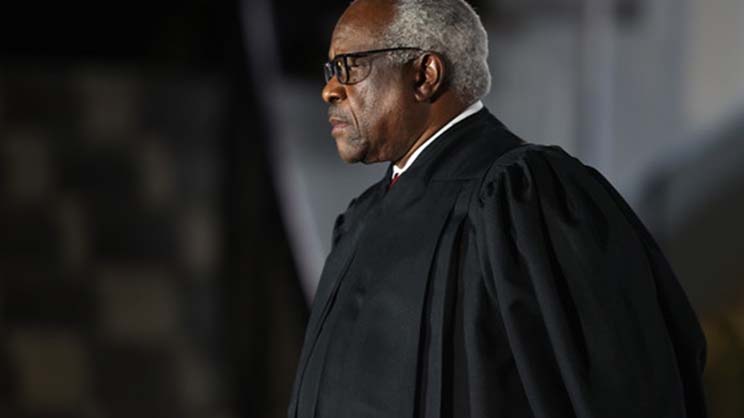
Despite the growing scrutiny, Clarence Thomas has vehemently denied any wrongdoing. His supporters emphasize his commitment to legal principles, asserting that the accusations are unfounded and are aimed at tarnishing his reputation.
The Ongoing Debate
As the controversy unfolds, it acts as a catalyst for broader discussions about the balance between the judiciary and external influences, and the safeguards needed to maintain the integrity of the Supreme Court. Thomas’s legacy is now intertwined with these debates, marking a significant chapter in the discourse on power, money, and justice in the United States.

